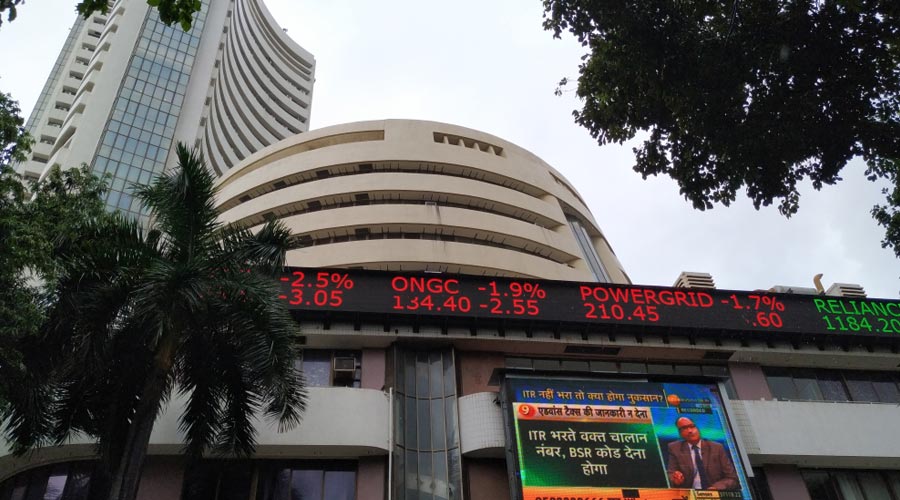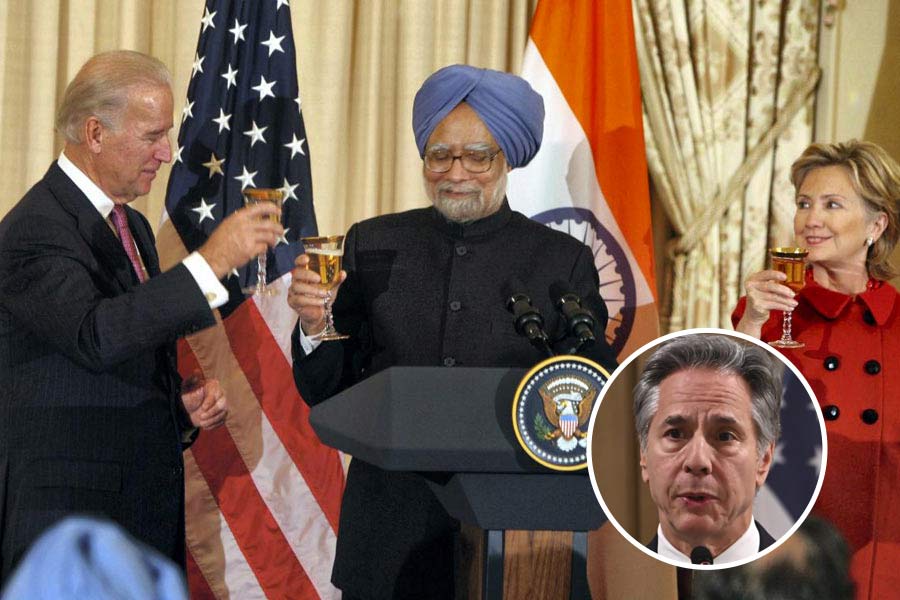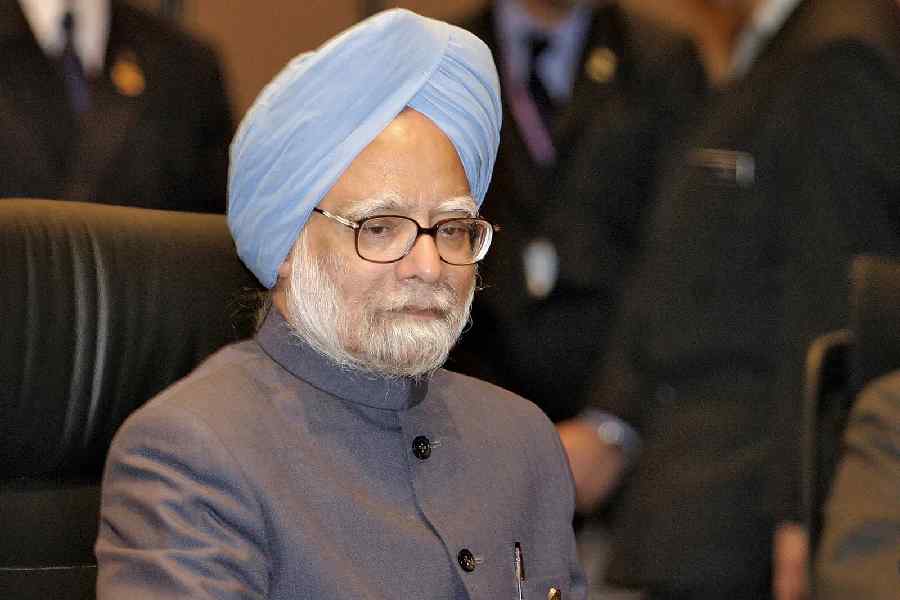Stocks were battered and the rupee badly mauled as the spectre of inflation loomed large over all markets, sending investors into a tizzy as they unwound long positions.
The Sensex sank almost 1,017 points which meant that paper wealth worth Rs 3.12 lakh crore evaporated at the end of another torrid day of trading.
The frisson of fear was accentuated by rattled global markets and mounting speculation of a recession in the US as the Federal Reserve turned hawkish with an aggressive intent to raise interest rates and shrink its balance sheet.
Sentiment is expected to worsen next week after inflation in the US spurted to a fresh 40-year high at 8.6 per cent. That news came in after market hours on Dalal Street and is expected to weigh on local investors who are already spooked by the market’s tattle over a high May retail inflation number next week.
The markets will buckle once the US central bank raises interest rates again next week. The Fed has already signalled that it intends to raise its key short-term rate by half a percentage point – twice the size of the usual hike — next week and again in July.
Worries over rising inflation and crude oil prices also roiled the rupee which again closed at a new lifetime closing low of 77.83 against the dollar.
Earlier in the day, it had tumbled to a new record low of 77.87. The currency was also affected by persistent FPI (foreign portfolio investor) outflows and the sell-off in the equity markets.
On Thursday, the currency had settled at 77.76 against the greenback. Forex circles said crude oil, portfolio outflows and rising US yields kept the rupee under pressure.
On Friday, the yield on the US 10-year treasury note was hovering at over 3.09 per cent against the previous close of 3.04 per cent. The flight to safe haven assets was clearly in evidence with the US Dollar Index (DXY) — which measures the greenback’s strength against a basket of six currencies — trading higher at 104.15 against the previous close of 103.22.
While the Sensex ended 1016.84 points, or 1.84 per cent, lower at 54,303.44, the broader Nifty settled 1.68 per cent lower at 16,201.80. The broader market was also weak with the Nifty Mid-cap 100 falling 0.83 per cent and the Nifty Small-Cap 100 by 1.10 per cent.
Market circles added that the re-imposition of Covid-19 curbs in Shanghai also impacted sentiment. Besides the threat of elevated retail inflation at home, investors were also worried by the rising Covid cases in states like Maharashtra. News from Europe was equally depressing. On Thursday, the European Central Bank (ECB) announced that it would end its stimulus and hike interest rates next month, which would be its first in over a decade.
Moreover, crude oil prices also inched up to $ 124 per barrel with the basket of crude oil purchased by India touching a decade high of $ 121 per barrel. Key indices across Europe came under intense selling pressure with the FTSE cracking 1.56 per cent, while the CAC and DAX were lower by almost 2 per cent.
“The pessimistic mood across global markets had a rub-off effect on local equities as nagging issues like rising interest rate scenario, higher inflation levels, and persistent FII selling spooked markets. Bigger concerns of stagnating growth and its effect on corporate earnings are also making investors nervous, resulting in periodic selloffs,” said Amol Athawale, deputy vice-president at Kotak Securities.
Kotak Mahindra Bank was the top loser in the Sensex pack, falling 3.96 per cent. It was followed by Bajaj Finance, HDFC, Reliance Industries, Wipro, Tech Mahindra, Infosys and Tata Steel. On the other hand, Asian Paints, Dr Reddy's, UltraTech Cement, HUL, Titan, Maruti, Nestle India and NTPC finished with gains of up to 0.78 per cent.
“The equity market across market caps and sectors traded lower on account of a number of proximate factors, which are mainly global factors. This has been the broader trend during the course of the week gone by…The Fed meeting next week, the results of which will be known by June 14, is also a major event the market is looking forward to, and most analysts expect a hike of 50 basis points,” added Joseph Thomas, head of research at Emkay Wealth Management.










